Official Language:
Khmer is the official language of Cambodia and is spoken by the majority of the population. It is the language of government, education, and media.
- English Proficiency:
English is widely spoken and understood, especially in urban areas, tourist destinations, and among younger generations. Many Cambodians working in the tourism industry, such as hotel staff, tour guides, and restaurant employees, are proficient in English. In popular tourist destinations like Phnom Penh, Siem Reap (home to Angkor Wat), and Sihanoukville, you’ll find that most signs, menus, and information are available in English.
- Other Languages:
- French: While French was once the second language of Cambodia during the colonial period, its usage has declined over the years. However, some older Cambodians may still speak French, and you may encounter French signage in certain areas.
- Chinese: With the increasing number of Chinese tourists and investments in Cambodia, Mandarin Chinese is becoming more prevalent, especially in businesses catering to Chinese visitors.
- Local Dialects: In addition to Khmer, various ethnic minority groups in Cambodia may speak their own languages or dialects.
- Language Tips for Tourists:
- Basic Phrases: Learning some basic Khmer phrases can enhance your travel experience and facilitate communication with locals. Common phrases include greetings (sok sa bai), thank you (aw kun), and please (som).
- English Signage: Many signs, especially in tourist areas and major cities, are in both Khmer and English, making navigation easier for English-speaking tourists.
- Translation Apps: Consider using translation apps or phrasebooks to help bridge the language barrier, especially in situations where English proficiency may be limited.
- Cultural Sensitivity:
- Respect Local Language: While English is widely spoken, showing respect for the local language, Khmer, is appreciated by Cambodians. Learning a few Khmer phrases and using them in conversation can foster goodwill and cultural appreciation.
- Patience and Understanding: Be patient and understanding if there are language barriers, especially in rural areas or with older individuals who may not speak English fluently. Non-verbal communication, such as gestures and smiles, can go a long way in communication.
By familiarizing themselves with the language situation in Cambodia and adopting respectful and patient communication practices, tourists can enhance their interactions and cultural experiences during their visit to the country.









